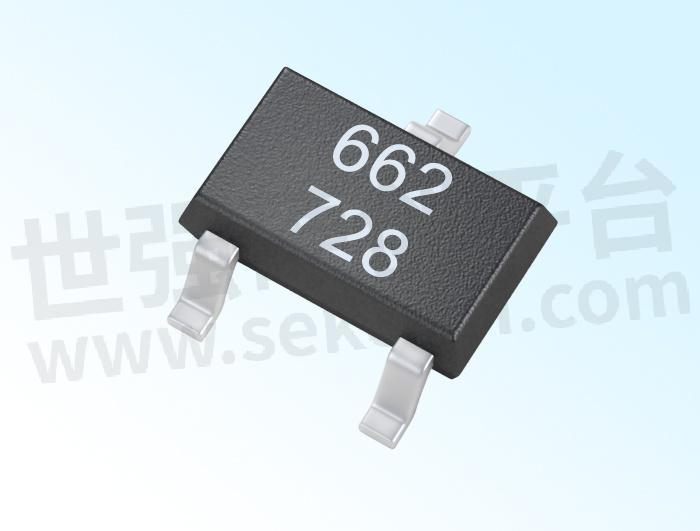Can Hall Effect Sensor Be Used for Magnetic Field Measurement?

Can Hall Effect Sensor Be Used for Magnetic Field Measurement? As a China Hall IC Supplier, share with you.
Hall-effect switches and instrument-level sensors are becoming more and more popular in industrial applications. Today, product and manufacturing process designers can choose a variety of highly integrated Hall-effect devices. Although there is still a lot of confusion as to what specifications are needed and magnetic field measurements in general, these devices have proven to be quite easy to use.
Hall Effect Sensor
In terms of the number of uses, only temperature sensors are slightly better, but Hall effect sensors have also been used in a wide range of domestic and commercial applications, including DVDs, CDs, memory drives, automatic toys, mobile phones, car compasses, and car ignition systems. In addition, they can also be seen in linear, industrial rotating equipment, position detectors, and military/aerospace equipment.
Manufacturing and test engineers use various types of discrete Hall-effect sensors and instruments to provide product information and monitor manufacturing process steps. Although the measurement function may overlap with other types of sensors and instruments, Hall effect sensors are obviously the best choice for certain types of measurements, and in some cases, no other types of test equipment can provide the required The data includes the measurement of DC current value, rotation position, gap, surface or leakage magnetic field value.
In an industrial environment, Hall-effect devices generally serve the following two main applications:
Measuring magnetic field strength
Detect the proximity, position and rotation parameters of moving objects
Instrument-grade sensors for magnetic field measurement
When an industrial application requires accurate or certified magnetic field measurements, instrument-grade Hall-effect devices are often used. Some of the more common instrument-level applications include electromagnetic field control, semiconductor ion implantation beam control, access inspection of magnets or magnetic parts, online magnetization confirmation, magnetic field mapping, current detection, and continuous magnetic field exposure monitoring. As an alternative to these many measurements, a commercial Gauss meter can be used. However, in practical applications, physical or cost constraints often require the use of discrete Hall sensors and commercial electronic devices.
Users of instrument-grade Hall devices usually want to get an accurate value of the magnetic field in a space or gap or from the surface. According to the spatial characteristics of the measurement, a suitable installation method needs to be used to install and maintain the detection element.
- +1 Like
- Add to Favorites
Recommend
- SLKOR SLSS451A-9 Hall effect sensor: Stable and Reliable Multifunctional Components
- SLKOR SLOH49E-9 Hall Effect Sensor with an Extensive Temperature Range from -40℃ to 150℃ and Two Package Forms, T092 and SOT23
- How to Measurement Hall Effect Sensor?
- What Should You Know About Hall Effect Sensors?
- Melexis Introduces Automotive-grade 3D Hall Effect Sensor for Automotive and Industrial Applications
- SLKOR Hall Effect Sensor SL1603SH with only 3.3μA of Current Consumption for Civil Fields and Electronic Products
- Let’s Know about The Hall Effect Magnetic Sensor
- 2 Reasons To Choose Induction Over Hall Effect Sensors
This document is provided by Sekorm Platform for VIP exclusive service. The copyright is owned by Sekorm. Without authorization, any medias, websites or individual are not allowed to reprint. When authorizing the reprint, the link of www.sekorm.com must be indicated.































































































































































































































































































































































































































































































































































































































































































































































































































































































